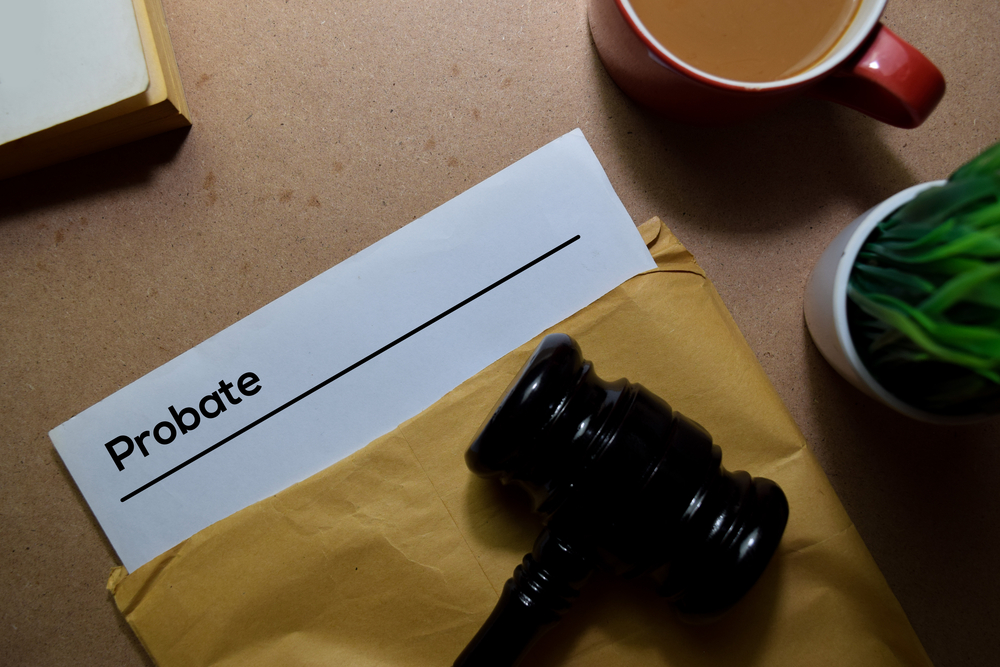Losing a loved one is a deeply personal and emotionally draining experience. In the midst of the grief, however, there are still legal and administrative responsibilities that have to be dealt with, so you may be asking what is probate court? If you find yourself facing this question in New York State, keep reading to learn more about the role of the probate court and how a probate lawyer can help you here.
What Is Probate Court in New York?
In New York, the probate court is formally known as the Surrogate’s Court, and it’s a specialized court system focused on matters pertaining to the estates of individuals who have passed on. Think of it as a special forum dedicated to ensuring that a deceased person’s final wishes are respected and their assets are distributed according to the law.

Areas of Law Falling Under Probate Court Purview in NY
1. Probate of Wills
This core function involves validating the legality of a Will. The court examines the Will to make sure it follows all the specific formalities required by law and ensures it accurately reflects the decedent’s wishes. If the Will is deemed valid, the court appoints an executor, who is the individual responsible for carrying out the terms of the Will.
2. Administration of Intestate Estates
If someone dies without a Will, they are considered “intestate.” In such cases, the probate court administers the estate according to New York’s intestacy laws, which dictate how assets are distributed to surviving family members. The court will appoint an administrator to manage the estate and ensure its proper distribution according to the law.
It’s important to know that the court won’t be able to consider things like voice messages, handwritten notes, or deathbed statements as it administers an intestate estate. Only a lawfully produced and validated Will can be taken as expressing the deceased’s true wishes. This is why it’s so important to do estate planning as soon as possible with the help of a qualified estate planning lawyer.
3. Guardianship
Probate court also protect the best interests of minor children who have lost a parent. The court can appoint a guardian to care for the child’s needs and manage their inheritance until they reach adulthood, and they will especially be involved here if the child’s parent has died intestate.
4. Adoptions
Though seemingly unrelated to death and estates, adoptions do fall under the jurisdiction of probate court in New York. This court ensures smooth and legally sound adoptions, protecting the rights of both biological and adoptive parents, as well as the adopted child.
5. Fiduciary Oversight
Probate court plays a supervisory role over all individuals acting as fiduciaries, such as executors and guardians. It ensures they fulfill their duties in accordance with the law, manage money and estates honestly, and do everything in the best interests of the estate or the minor child they represent.
Beyond these core areas, probate court also has jurisdiction over additional matters, including:
- Determining heirs and beneficiaries
- Resolving disputes among beneficiaries
- Issuing inheritance taxes
- Approving the sale of estate assets
- Authorizing life-support decisions, in certain cases
Probate court does a lot, and the rules and laws the court follows are complicated and specific to New York state. If you need to make or execute a Will or have any other reason for heading to probate court, contact Joseph N. Yamaner and Associates in Queens, NY right away for expert help.

